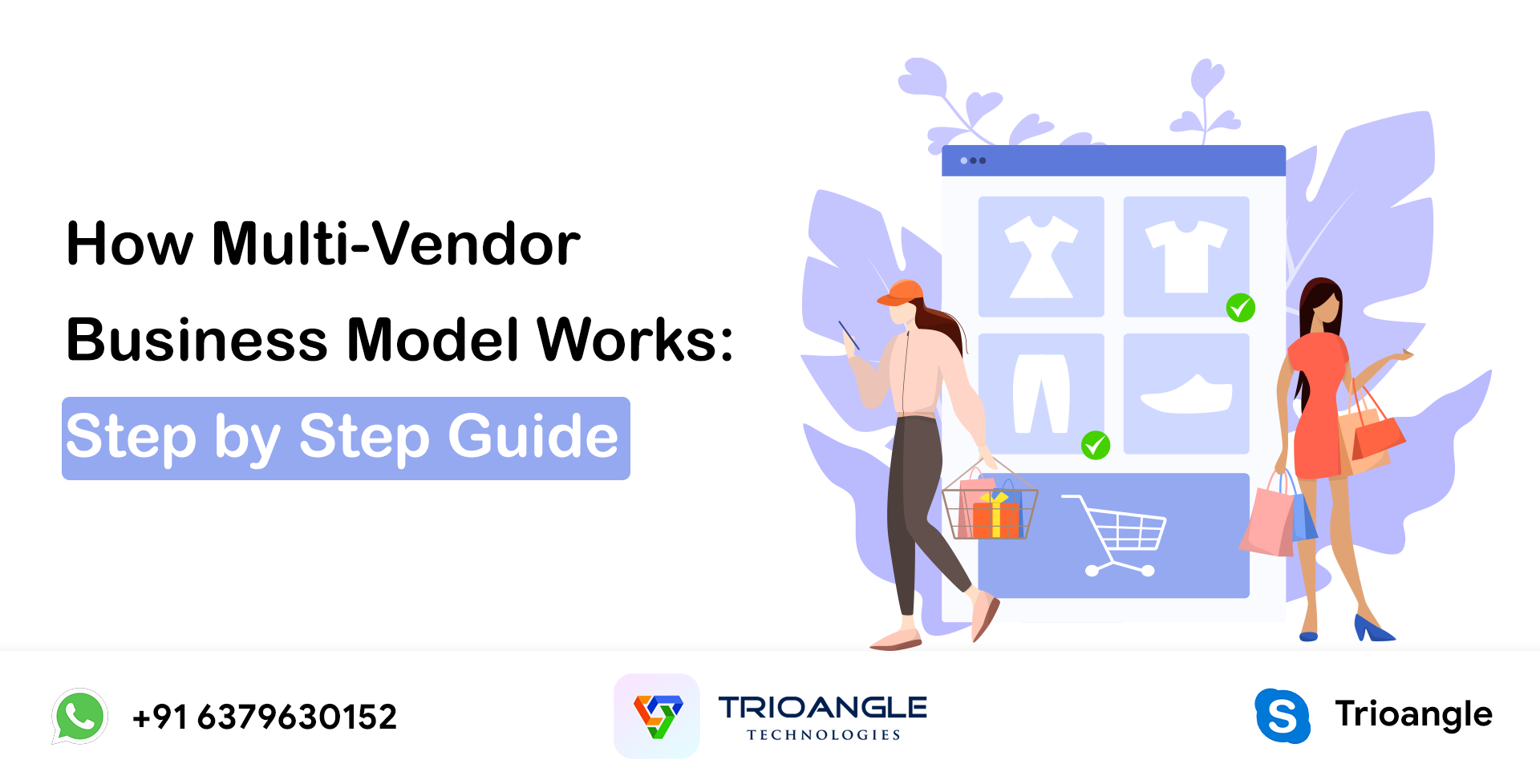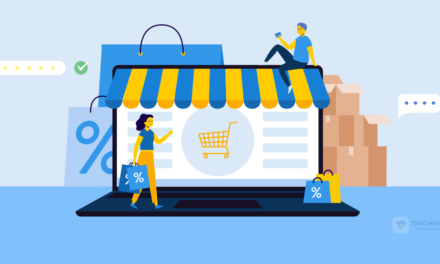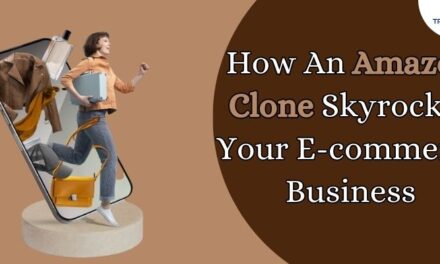This multi-vendor business model blog has been updated for 2022. New data and multi-vendor business information have also been added. Happy reading!
Multi-vendor eCommerce stores like amazon clone work very differently than regular online stores. For those who don’t know, multi-vendor stores allow many vendors to:
- Set up their virtual shop
- Sell their products
- Grow their customer base
- Build their brand
- Accept payments locally and globally
While the above benefits apply to sellers, entrepreneurs who launch and operate multi-vendor platforms also generate huge revenue each month from product sales and services for buyers.
Note: If you’re just starting with building your online store, we recommend checking out this list of eCommerce features
Multi-Vendor Marketplace Basics
The multi-vendor eCommerce site is similar to your neighbourhood market or mall (Walmart, Target, etc.) where you buy products and store owners sell products. The only difference is that everything happens virtually.
Multi vendor Marketplace Basics Multi Vendor stores have the technical infrastructure to support the listing and sale of thousands of products in a variety of categories by a large number of vendors that can manage their virtual storefronts.
The multi-vendor business model is also known as the “zero inventory model” because platform owners usually do not have their product inventory. This is another major reason why the demand for online marketplace platforms is increasing
Multi-vendor stores offer great opportunities for manufacturers and wholesalers. , brands and retailers to increase sales and profits. For this reason, launching niche multi-vendor platforms in 2022 makes a lot of sense.
As the demand for online stores increases worldwide, it’s important to understand how much eCommerce platforms are currently costing. Read our blog on the cost of eCommerce website development for the latest eCommerce price trends and industry insights.
How does the Multi-Vendor model work for vendors?
Multi-vendor eCommerce platforms are quickly becoming the easiest way for small shops and sellers to reach a larger audience without a huge expense. Here’s how it all works for sellers:
- The supplier registers with a multi-vendor shop.
- The vendor has a dashboard to list and manage their product listings.
- Every time a sale occurs, the store processes the payment and helps the seller with packaging and delivery.
- The store owner keeps a small commission on the product sold and credits the rest to the seller
- The vendor is focused on expanding its supplier base to expand the product catalog
- The seller focuses on increasing sales to increase profits.
How does the multi-seller model work for store owners?
Entrepreneurs and organisations that open the multi-vendor store and remain after the proceeds owed have been passed on to the respective vendors are the owners of the stores. Here’s how the multi-vendor model works for you:
Store owners build a multi-vendor e-commerce platform from scratch or use solutions like Cliq Buy
- They integrate suppliers to expand their product catalogue.
- Investments are made in advertising and marketing to attract buyers.
- They make packing, shipping, and payment processing easy. The store owners keep an eye on the performance of the vendors and constantly improve the performance of the site
- You keep a small commission for each product sold and credit the rest to the seller.
- Store owners focus on expanding the supplier base to further expand the product catalogue.
Starting and running a multi-seller shop – Critical elements
While several elements go into starting and running an online marketplace, some are more important than others. We have tried to document the key aspects of launching and growing a multi-vendor platform:
Needs assessment: Over the past decade, many multi-vendor platforms have emerged and consolidated their position in the market. Therefore, it is important to consider the element of necessity before launching a new multi-vendor store. Answering the following questions will help:
- Do you want to compete with existing market leaders or focus on a niche with less competition?
- Who are the target customers and what are their spending habits, behaviour patterns, demographics, etc.?
- How do vendors feel about becoming part of a new multivendor? Platform?
Search and visibility:
Both are crucial for a successful online shop. While internal website search will be crucial for product discovery, visibility on search engines and social platforms will help increase sales and profits.
Seller platform that can host and sell thousands of products, take the time to get the search and flexibility right.
Comparison and Reviews –
While the product comparison feature is vital for all online marketplaces, it is paramount for eCommerce platforms that deal with gadgets, home appliances, and hardware products. Therefore, choose an online store builder that guarantees powerful comparison features.
Likewise, we rarely complete a purchase without reading reviews. A solid review management module is a must to help buyers make decisions and increase sales of the products they deserve
Without a powerful vendor management module, this does not go smoothly. Features like vendor lookup, verification, listing management, quality control, and bulk actions must be present on your multi-vendor platform.
For best results, use an automated commissions module that helps track profitable categories and outline categories that aren’t performing well
Start a multi-vendor store at the lowest price
Starting and running an online marketplace is very different from running an eCommerce website. While there are huge profits involved, multi-vendor platforms require a dedicated effort to scale. If you’re ready to jump on the multi-vendor bandwagon, we have a super platform for you
Amazon clone is the easiest way to launch powerful and scalable multi-vendor platforms. The responsive Design is packed with features and capabilities that are easy to get success.
Got multi-seller queries to ask?
Send them message at sales@trioangle.com and have them answered by our experts.




